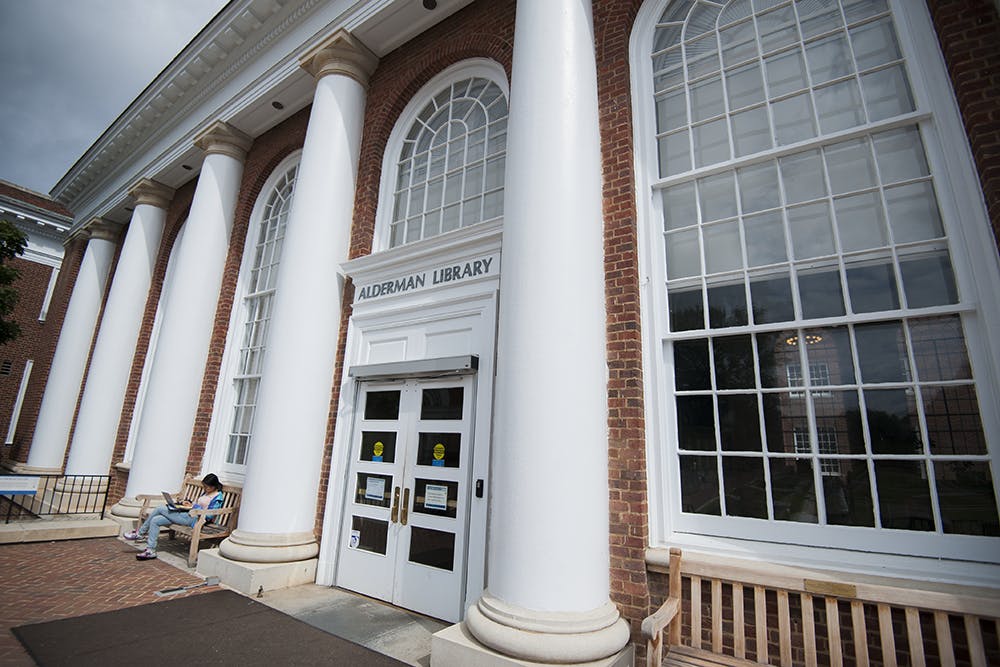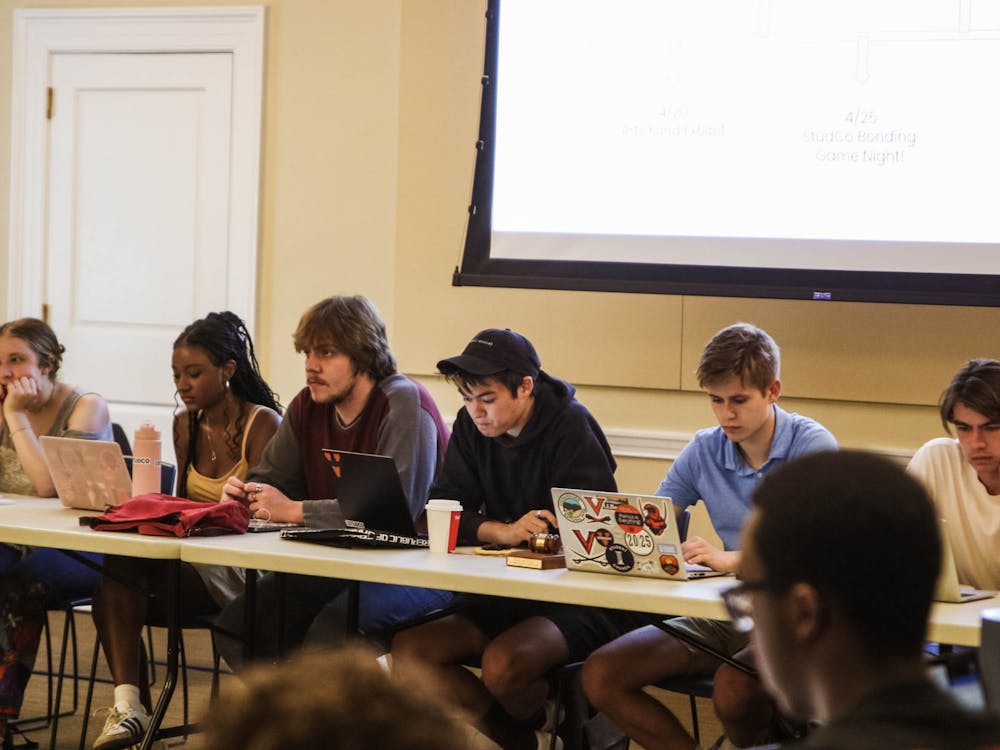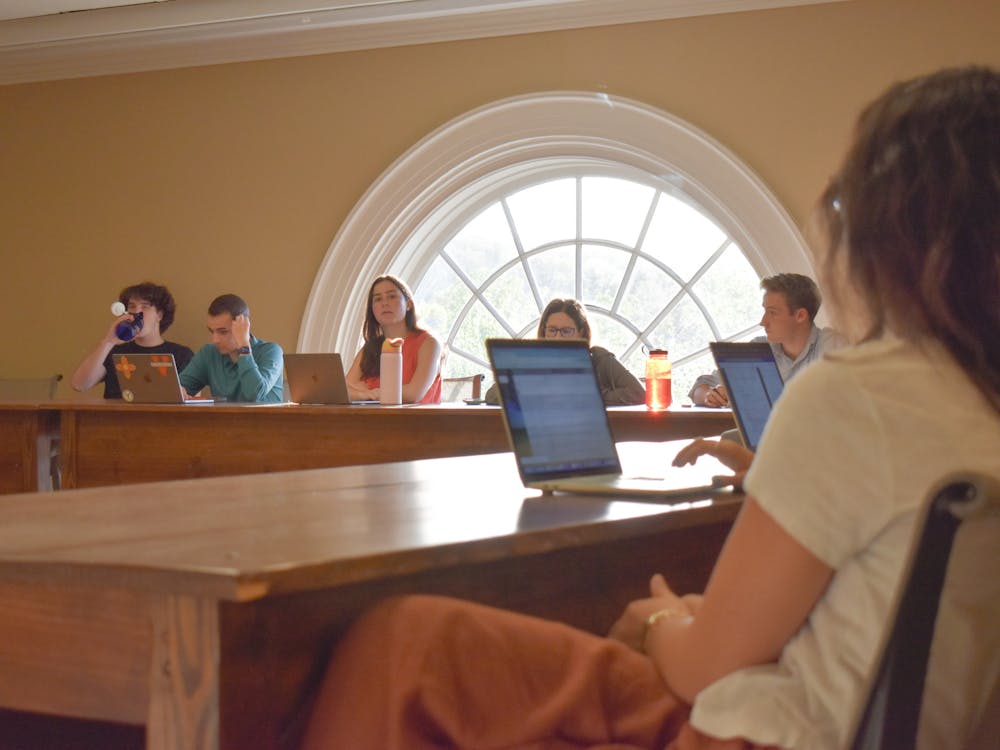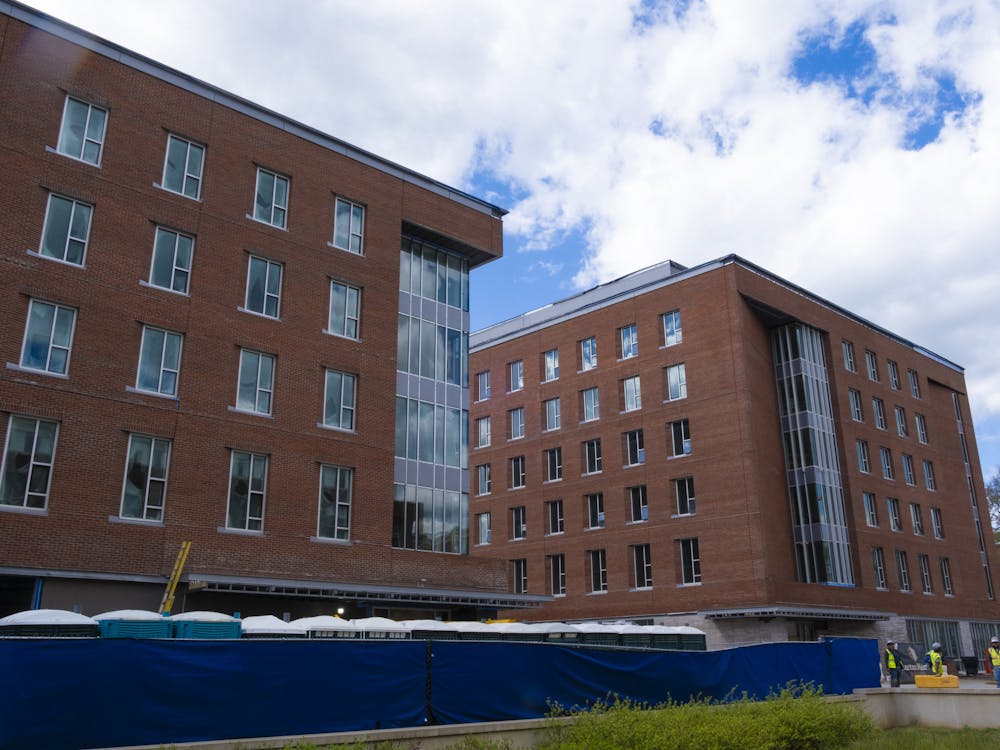The University Library recently received a two-year grant worth $150,000 from the Institute of Museum and Library Services to craft a Charlottesville-Area Regional Equity Atlas providing information on local disparities — in education, health, housing and transportation, among other areas — in collaboration with the greater community.
Equity atlases map data, aiding the visualization of inequity in a given region — such as through heat mapping wealth disparities or access to resources — and help communities learn from the given information. They currently exist in major cities such as Denver, Los Angeles, Atlanta and New York.
The IMLS — a federal agency — serves as a source of financial support for museums, libraries, research and policy development. IMLS requested proposals for projects with the goal of community betterment through their natural Community Catalyst Initiative. The initiative, launched in 2016, encourages museums and libraries around the nation to “transform” how they engage and collaborate with their communities.
Rebecca Coleman, research librarian for Architecture at the University Library and leader of the group of librarians that crafted the proposal along with the University’s Initiative for the Redress of Inequity through Community Engaged Scholarship, said the particular grant the Library received is for pairing cultural institutions — such as museums of libraries — with community partners to benefit local communities. Coleman said the whole process, starting with crafting the proposal, started around a year ago.
The University’s Initiative for the Redress of Inequity through Community Engaged Scholarship is an initiative to represent social, economic and political inequalities prevalent in communities surrounding research universities more accurately.
“We are planning to use that money to work with our local community,” Coleman said. “The end project is an equity atlas, which is a way of mapping data and visually telling stories of inequity in our region. But a lot of the funding will act go to compensate community partners on time that they might spend working with us.”
Community partners and organizations who have worked with the library to receive the funding include the City of Charlottesville, the Adiuvans Foundation, Smart Cville and United Way - Thomas Jefferson Area.
Adiuvans Foundation is a local philanthropy that focuses on early childhood interventions, climate change and relief funds for food, shelter and healthcare. UWJA similarly works with issues such as relief funds, women’s issues and disaster relief, and Smart Cville uses technology to promote higher quality of life in the City of Charlottesville.
“We've always been big proponents of data-driven awareness campaigns,” founder of Smart Cville Lucas Ames said in an email statement to The Cavalier Daily. “Especially when awareness can be tied to specific action. We feel like since the city, university, and community organizations are partnering this project has real potential.”
The community partners and the library are working together to “contribute their expertise” to the project with a variety of skill sets. The role of the library, however, in the project will be slightly different than the traditional roles of libraries as archivers and providers of access to information, according to Coleman.
“One of the ways that this project I think reflects new realities for librarians is that the library isn’t contributing our printed materials — our journals, our books — to this project,” Coleman said. “We’re contributing our expertise, so we have a team of [Geographic Information Systems] experts, legal experts, data experts, who are coming together, and we’re figuring out how that resource of expertise can serve our community.”
Ames also commented on what the Atlas may achieve, particularly confirming disparities members of the community are already aware of.
“It's hard to say definitively what will come of the Atlas,” Ames said. “My guess is that it will underscore some things that are pretty apparent to those who work within the community. Having quantitative and well visualized backup, though, will help support the most important step here … actually taking action on what the Atlas comes to show.”
Coleman said she hopes the Atlas will serve its purpose of enriching the community, as opposed to some other projects in the past that did not fulfill that purpose.
“There have been a lot of moments in the history of the University where the local community has been treated as a laboratory — where medical experiments took advantage of local populations,” Coleman said. “We had community service projects which really didn’t long-term benefit our community. And so, groups like the initiative for the redress of inequity are working hard to rethink the ways that the University co-exists as a part of this community. And there’s work to be done there.”





